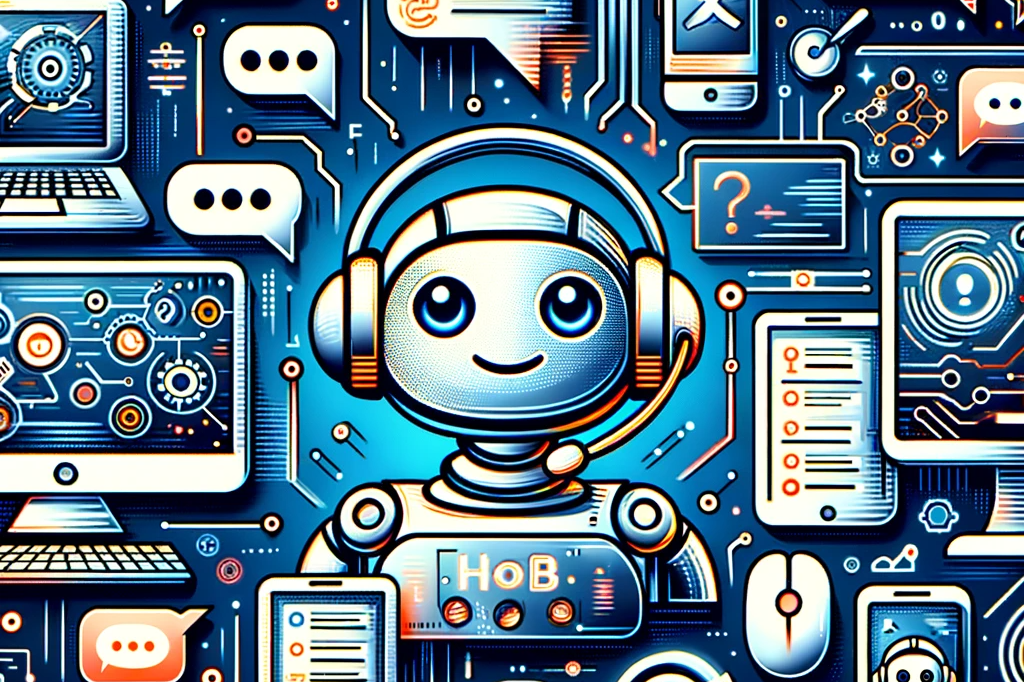Introduction
Customer satisfaction is the linchpin of business success in the digital world. As companies vie for consumer loyalty, chatbots emerge as a transformative tool, offering a new dimension to customer service through artificial intelligence.
Chatbots vs. Human Support: Finding the Balance
While chatbots offer efficiency and scalability, they cannot replace the nuanced understanding and empathy of human support. The key lies in finding the right balance—using chatbots for routine inquiries and routing more complex issues to human agents.
Case Studies: Successful Chatbot Implementations
Several companies have seen remarkable improvements in customer satisfaction after deploying chatbots. For instance, a telecom company reduced its response time by 50% and saw a 20% increase in customer satisfaction scores after integrating a chatbot into its service operations.
Designing Chatbots for Optimal Interaction
The design of a chatbot is crucial for its success. It must be intuitive, capable of understanding various inputs, and able to provide relevant responses. Employing advanced natural language processing can make interactions with chatbots seamless and productive.
Future Trends in Chatbot Technology
The future of chatbots is bright, with trends pointing towards even more personalized and anticipatory customer service. Predictive analytics and more sophisticated AI models will enable chatbots to provide not just reactive but proactive service, anticipating customer needs before they even arise.
Conclusion
Chatbots are transforming customer service, making it more efficient and customer centric. As AI technology continues to evolve, the potential for chatbots to enhance customer satisfaction is boundless.

